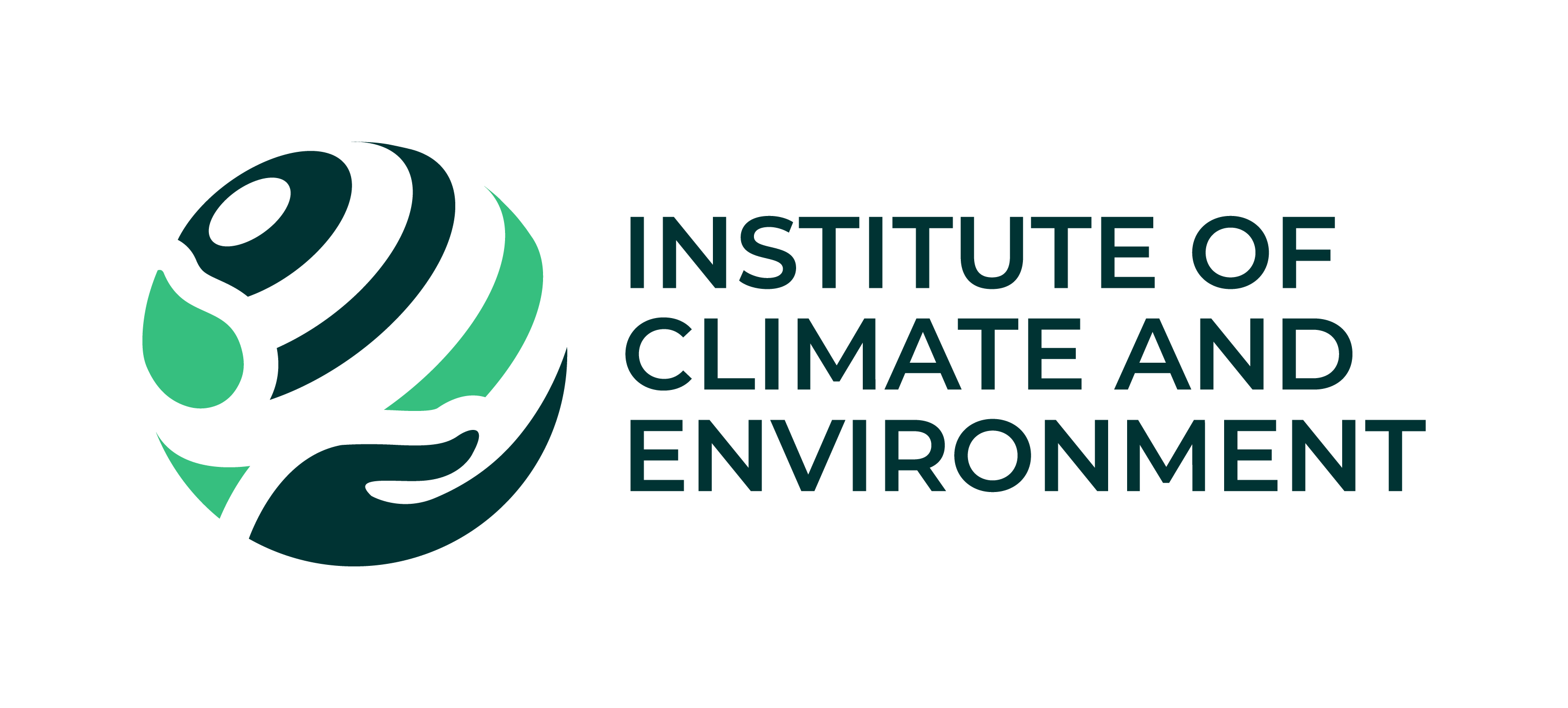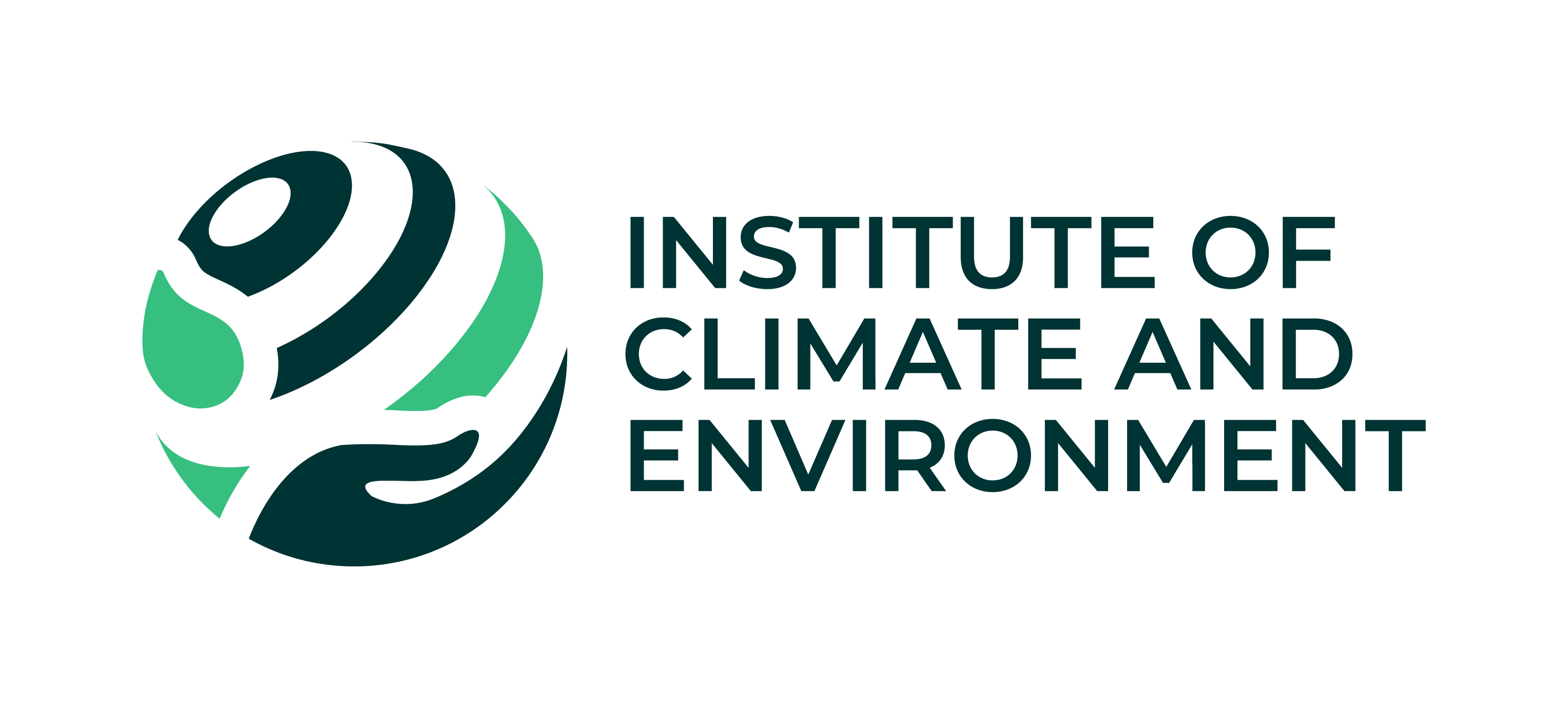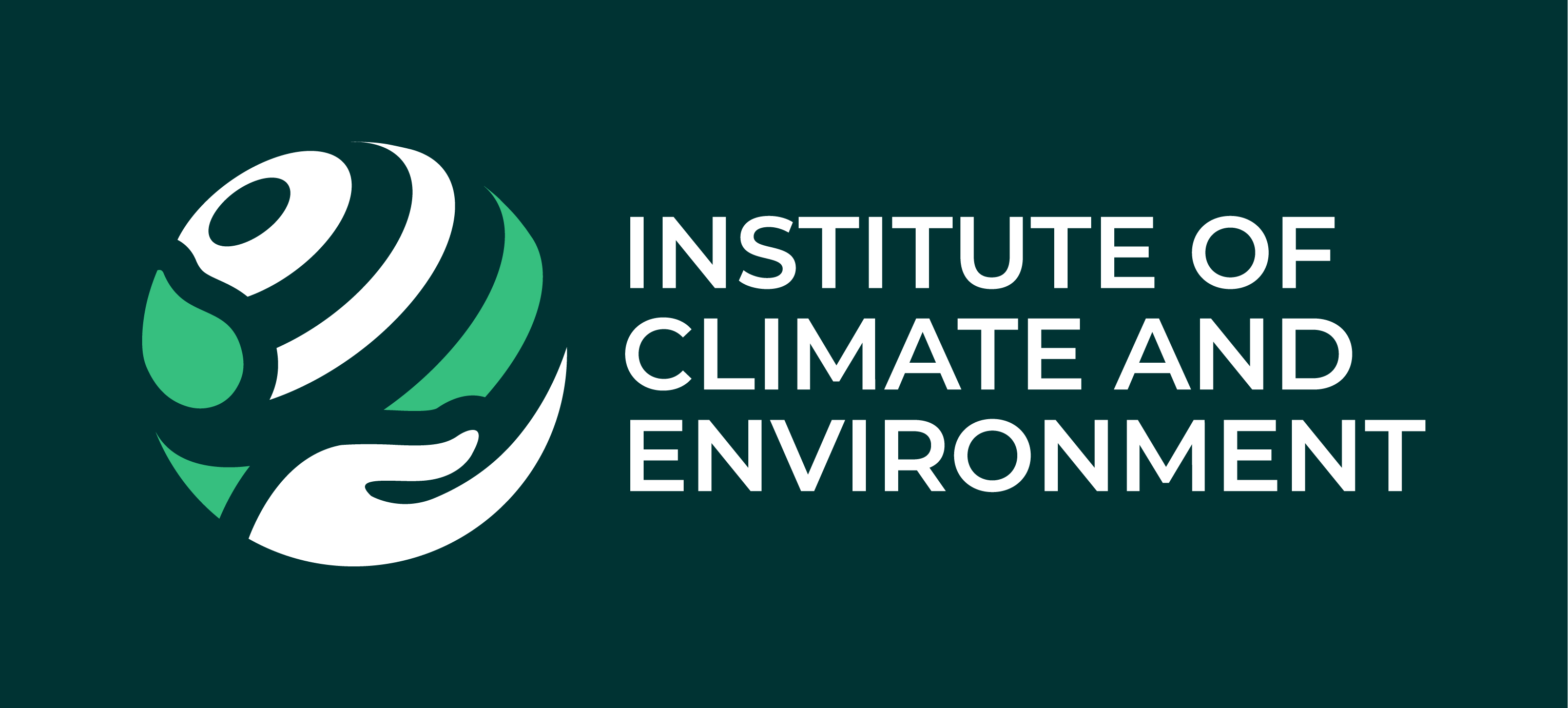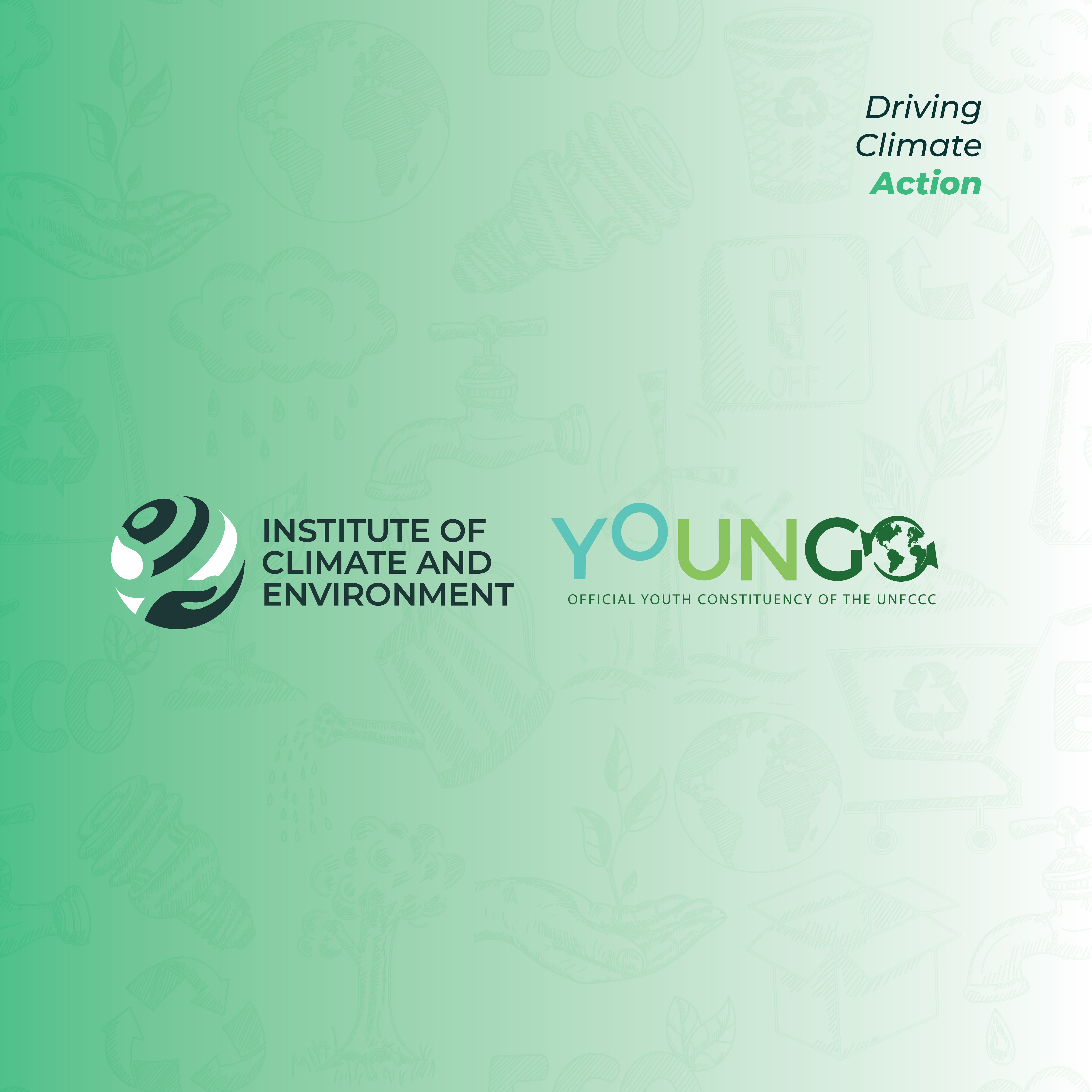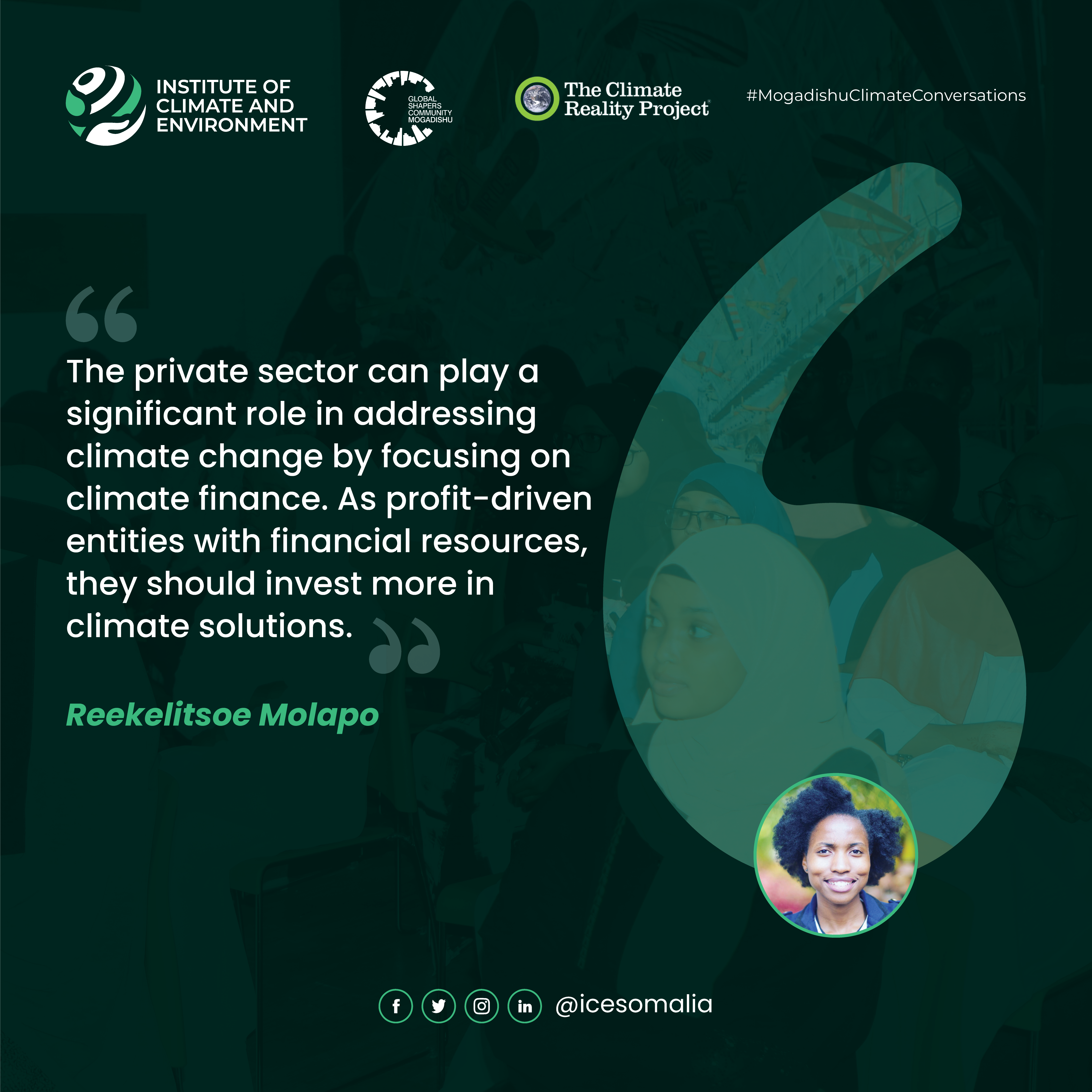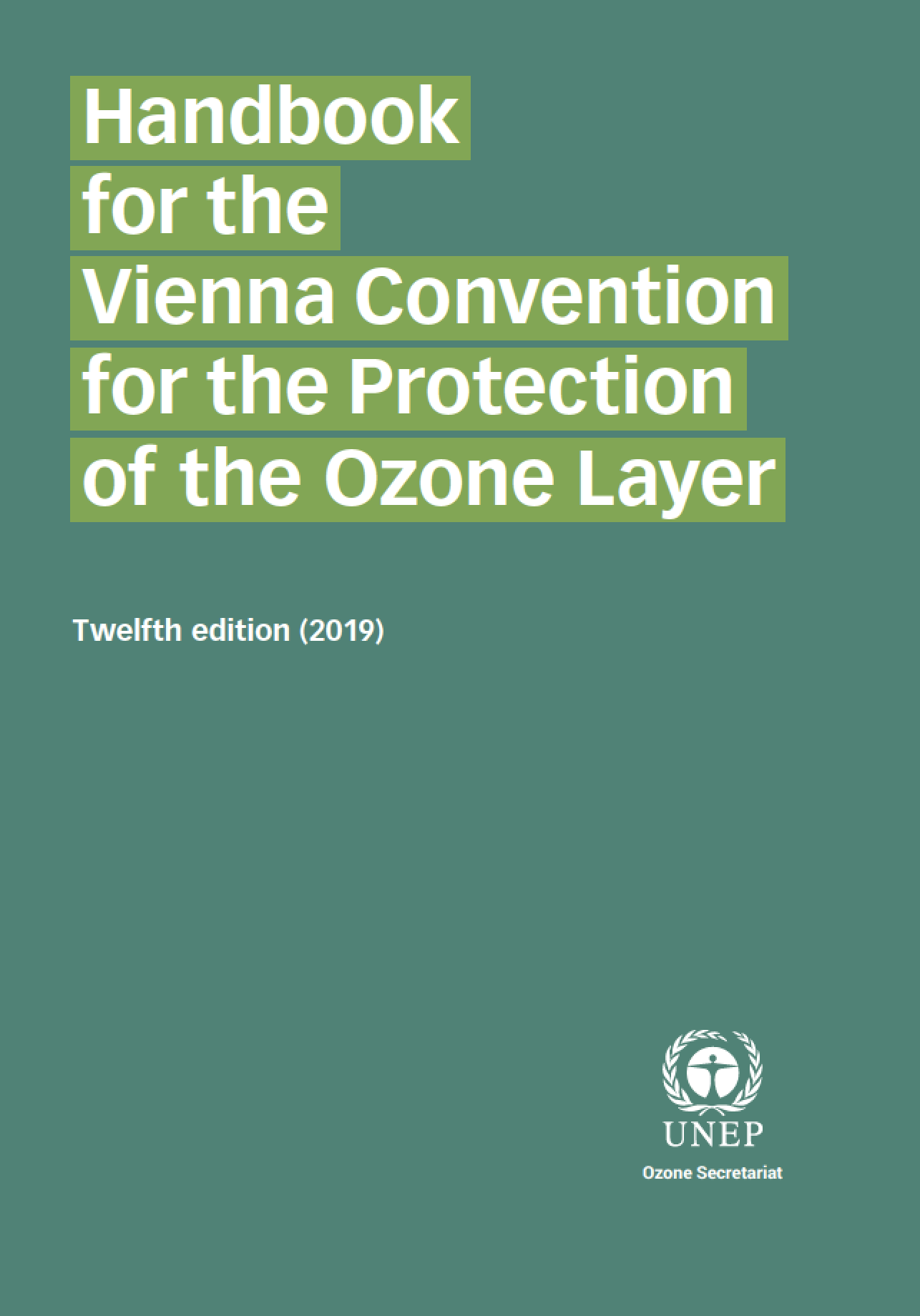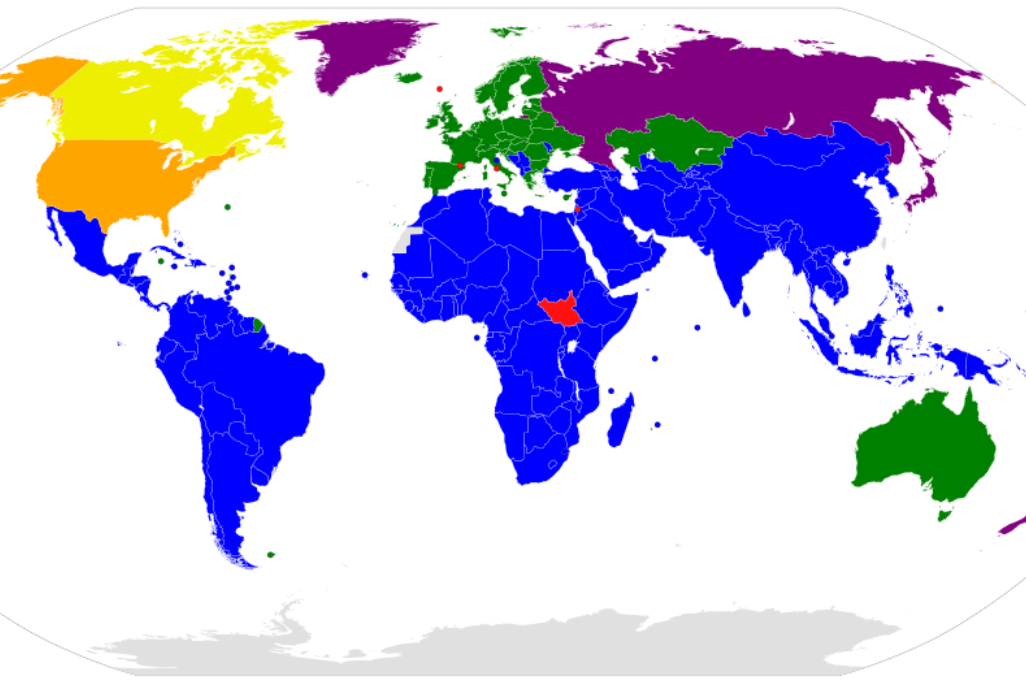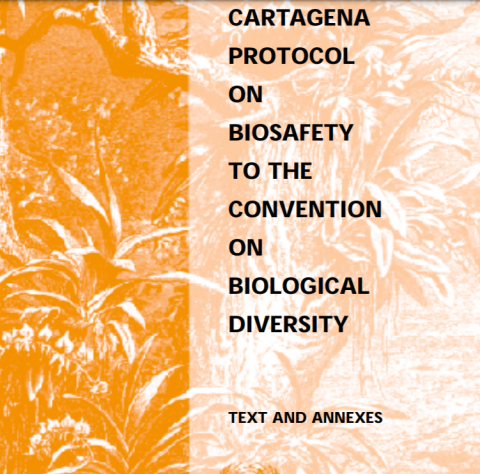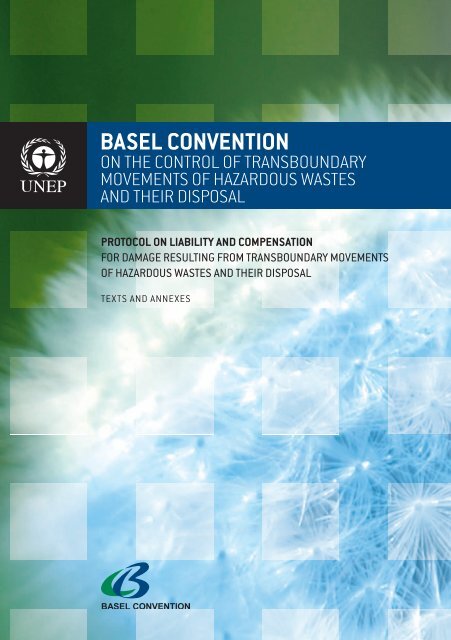ICE Institute Joins Forces with YOUNGCO to Empower Youth for Climate Action in Somalia
In pursuit of our noble mission to capacitate the young generation and tackle climate, environment, and development challenges, the Institute of Climate and Environment (ICE) at SIMAD University embarked on a momentous journey last week. We are thrilled to announce our collaboration with the esteemed YOUNGCO, the official children and youth constituency of the United
Climate Conversations 101: Understanding the science of climate change
We hosted our inaugural event as part of the #Mogadishu ClimateConversations series on August 3, 2023. This online webinar, titled “Understanding the Science of Climate Change,” was led by the distinguished guest speaker, Reakelitsoe Molapo. The session aimed to educate and empower young individuals passionate about climate change and environmental sustain
Announcement: Climate Storytelling Workshop
Extreme climate events are becoming the norm in Somalia. In the past three decades, the country has faced many ecological crises. The natural environmental ecosystems in Somalia face significant challenges. The country has grappled with climate change, biodiversity loss, land degradation and weak environmental governance. on the other hand, there are climate entrepren
Montreal Protocol on Substances that Deplete the Ozone Layer
The Montreal Protocol is an international treaty designed to protect the Earth’s ozone layer by phasing out the production and consumption of substances known to cause ozone depletion. These substances include chlorofluorocarbons (CFCs), hydrochlorofluorocarbons (HCFCs), halons, and other ozone-depleting chemicals. The protocol was adopted in 1987 and has been a
Vienna Convention for the Protection of the Ozone Layer
The Vienna Convention for the Protection of the Ozone Layer adopted in 1985 aimed toprotect human health and the environment against the adverse effects resulting frommodifications of the ozone layer. It was followed shortly afterwards by the adoption of itsMontreal Protocol on Substances that Deplete the Ozone Layer in 1987.The ozone layer serves as a […]
Stockholm Convention on Persistent Organic Pollutants
The Stockholm Convention on Persistent Organic Pollutants (POPs) is an international treaty established to address the harmful effects of certain toxic chemicals that persist in the environment, bioaccumulate in living organisms, and pose risks to human health and ecosystems. The convention aims to eliminate or restrict the production, use, and release of these POPs,
Kyoto Protocol to the United Nations Framework Convention on Climate Change
The Kyoto Protocol is an international treaty linked to the United Nations Framework Convention on Climate Change (UNFCCC). It was adopted in 1997 and came into force in 2005. The protocol aimed to address global climate change by setting legally binding emission reduction targets for developed countries. These targets were collectively known as “quantified emis
The Cartagena Protocol of the convention on biological diversity
The Cartagena Protocol on Biosafety is an international treaty under the Convention on Biological Diversity. It addresses the safe transfer, handling, and use of living modified organisms (LMOs) resulting from modern biotechnology, to ensure the conservation and sustainable use of biodiversity. The protocol promotes information sharing and risk assessment, aiming to m
Basel Convention on the Control of Transboundary Movements of Hazardous Wastes and their Disposal
The Basel Convention on the Control of Transboundary Movements of Hazardous Wastes and their Disposal has been a part of the international environmental agenda since the early 1980s. It was included as a priority area in the United Nations Environment Programme’s first Montevideo Programme in 1981. Adopted on March 22, 1989, in Basel, Switzerland, the […]
Convention on Biological Diversity
The Convention on Biological Diversity (CBD) is an international treaty established in 1992 at the Earth Summit in Rio de Janeiro. Its primary goal is to promote the conservation of biodiversity, the sustainable use of its components, and the fair and equitable sharing of benefits arising from genetic resources. The CBD aims to address the […]
